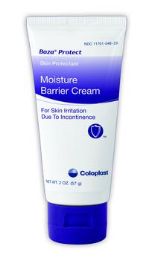
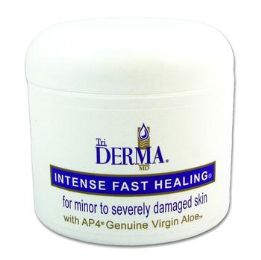



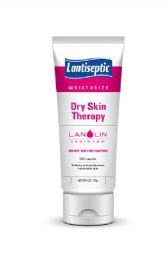
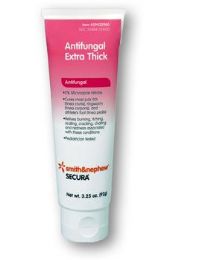
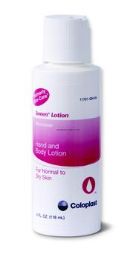
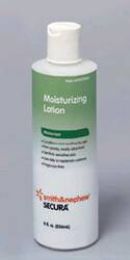
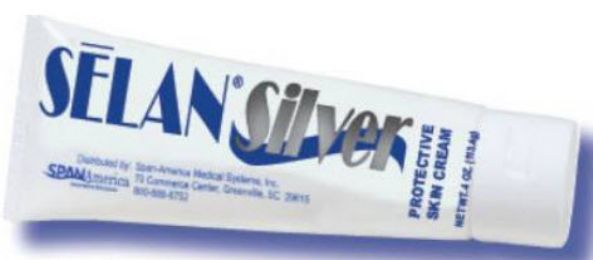
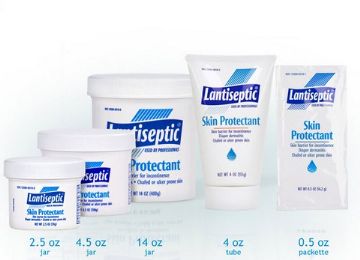
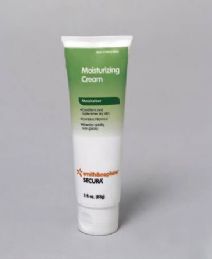
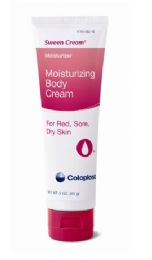
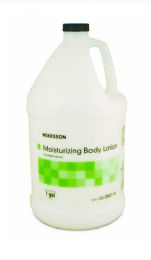
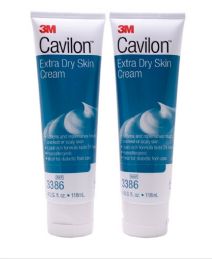
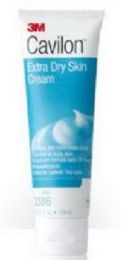
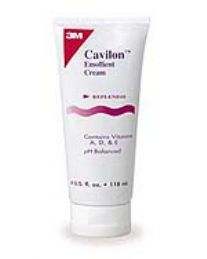
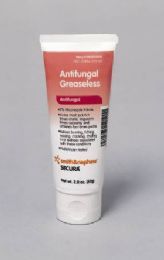
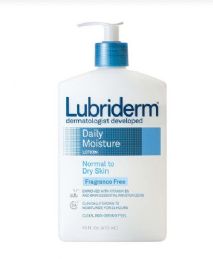
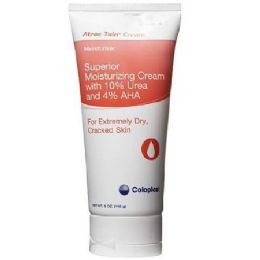
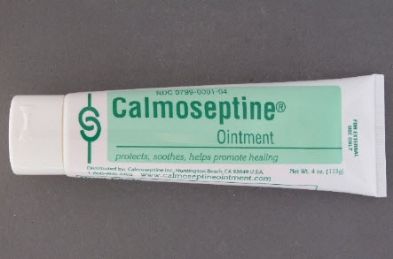
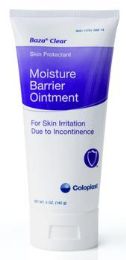
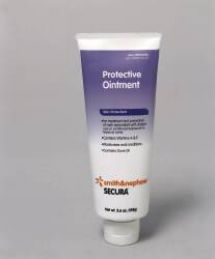
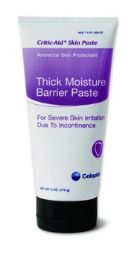
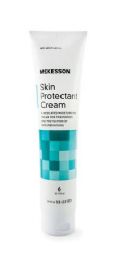
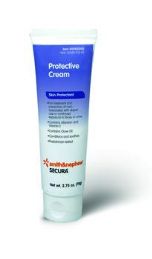
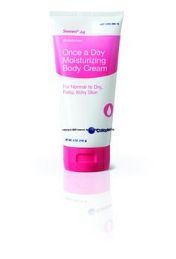
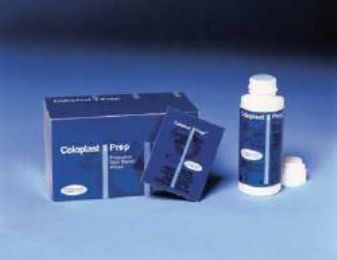
Do I Need a Skin Cream?
Babies, teens, adults and seniors all need skin creams. Dermatologists and other medical practitioners routinely advise people to moisturize their skin, but seldom explain why skin creams are so crucial for good skin health.
Quality skin creams, ointments and moisturizers not only treat your skin when it is dry, they prevent it from drying out again by sealing water in the outermost layer of your skin. In addition to moisturizing, skin creams and ointments create a barrier to help protect you from harsh environmental elements, like wind, sun and pollutants. These environmental elements and contaminants can cause dryness and irritation – no matter the age of your skin.
Aging can be an enormous factor in the level of skin hydration because aging skin is more susceptible to dryness. While age-related dry skin is a natural progression, it is easily remedied with the application of the right skin cream.
However, ignoring dry skin can lead to complications and other skin problems - like skin tears and infection – so it is important to monitor aging skin closely.
These are a few of the signs of age-related dermal changes. These changes indicate the need for a quality skin cream or conditioner:
● Rough skin
● Flaky skin
● Oily skin
● Cracked skin
What Kind of Skin Cream is Right for Me?
Skin cream is the first crucial step in protecting your skin and making it look and feel better. The type of skin you have – dry, normal, oily or combination – is also a factor when choosing the right skin cream.
Many of our skin creams contain holistic, natural and healthy ingredients like tea tree oil, willow herb, vitamins A, E and D, clove oil and aloe vera. Some are designed to create a moisture barrier and contain petroleum jelly, others stimulate collagen and act as a massage lubricant.
Nearly all of our skin creams are hypoallergenic and paraben free. We also offer skin creams that provide scar relief and healing.
Many people suffer from diabetes. Diabetes impacts every part of the body – including the skin. People with high glucose levels tend to have drier skin and less of an ability to overcome infections. Most people with diabetes will suffer a related skin disorder some time in their life.
Diabetic skin conditions can be prevented and the damage can be mitigated or eliminated with the proper skin and foot care. Diabetes specialists recommend that patients with diabetic foot and skin issues refrain from taking hot baths, dry their skin well, and apply quality skin cream after each bath or shower to prevent chapping and dry skin.
They also recommend that cuts and abrasions be treated with antibiotic skin cream and covered with a sterile gauze.
Skin creams are an excellent remedy for symptoms like redness and rash, arising from fecal irritation and urinary leaking or incontinence. If left untreated, these rashes may lead to skin or urinary infection.
How Should I Use My Skin Cream?
Skin creams are specifically designed to make the external layers of the skin softer and more supple. They increase skin hydration and reduce evaporation. They should never be consumed, only applied to the external layers of the skin.
Dry skin is itchy. Itching leads to scratching – which leads to additional itching. Skin cream is the most important factor to break the itch-scratch-itch-scratch cycle. Excessive scratching of the skin can lead to chronic skin conditions and infection.
Dermatologists and medical professionals recommend that a liberal amount of skin cream be used after a bath or shower. They suggest gently patting the skin dry, applying skin cream, then allowing the skin to absorb the cream prior to dressing.
Skin creams help and support the prevention of these and many more adverse skin conditions.
Skin cream, conditioners and ointments should be liberally applied for relief from:
● Dry, cracked skin
● Itching, sore skin
● Symptoms of Athlete’s foot - rashes, blisters, burning and stinging on hands and feet
● Symptoms of ringworm - scaly, red itchy skin
● Symptoms of diaper rash - redness, pimples and blisters on babies and the elderly
Is My Skin Cream Safe?
The two most crucial factors when determining the safety of your skin cream are the ingredients and the risk of bacterial contamination. In order to determine the level of risk, use only pure, quality ingredients in skin creams made by reputable manufacturers like McKesson Medical, Medline and Corrective Concepts.
To eliminate bacterial contamination, make sure that each person has their own individual tube or bottle of skin cream and do not touch the container to your skin during the application of the cream.
Rehabmart is proud to offer a variety of skin creams for all your skin care needs. Using a quality skin care regime maintains the integrity of your skin.
Hulet Smith, OTR/L
Rehabmart Co-Founder & CEO
js